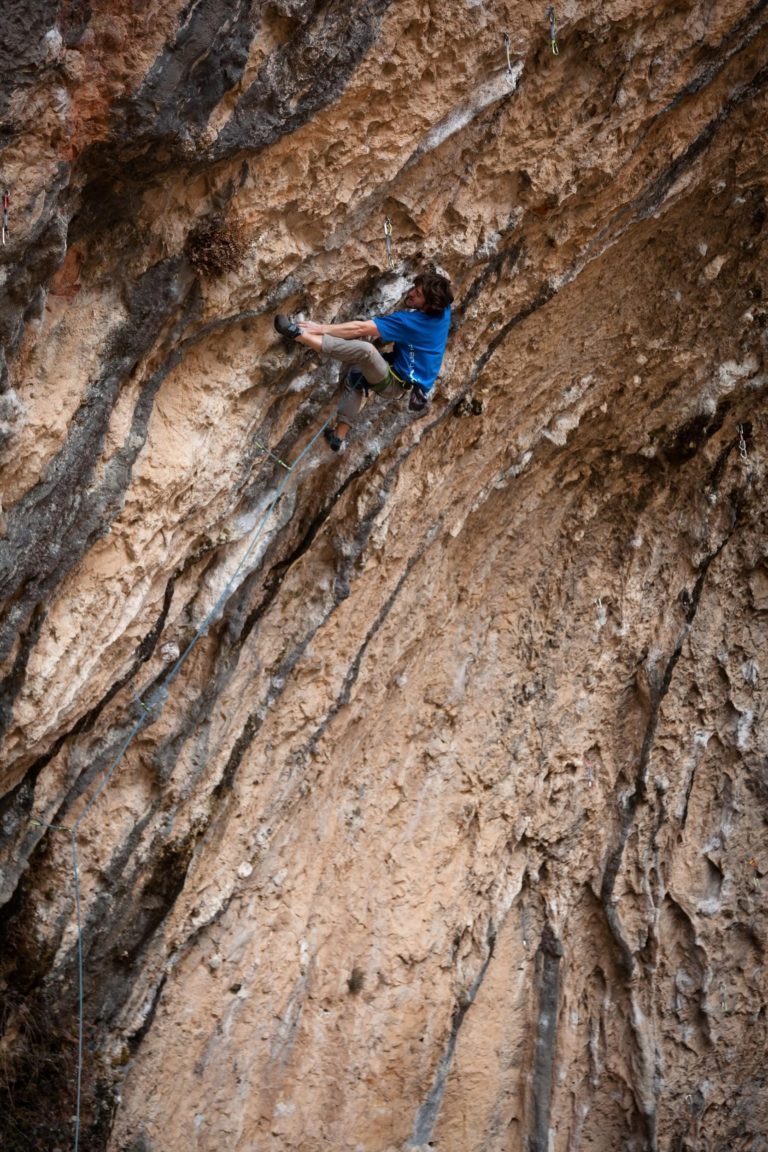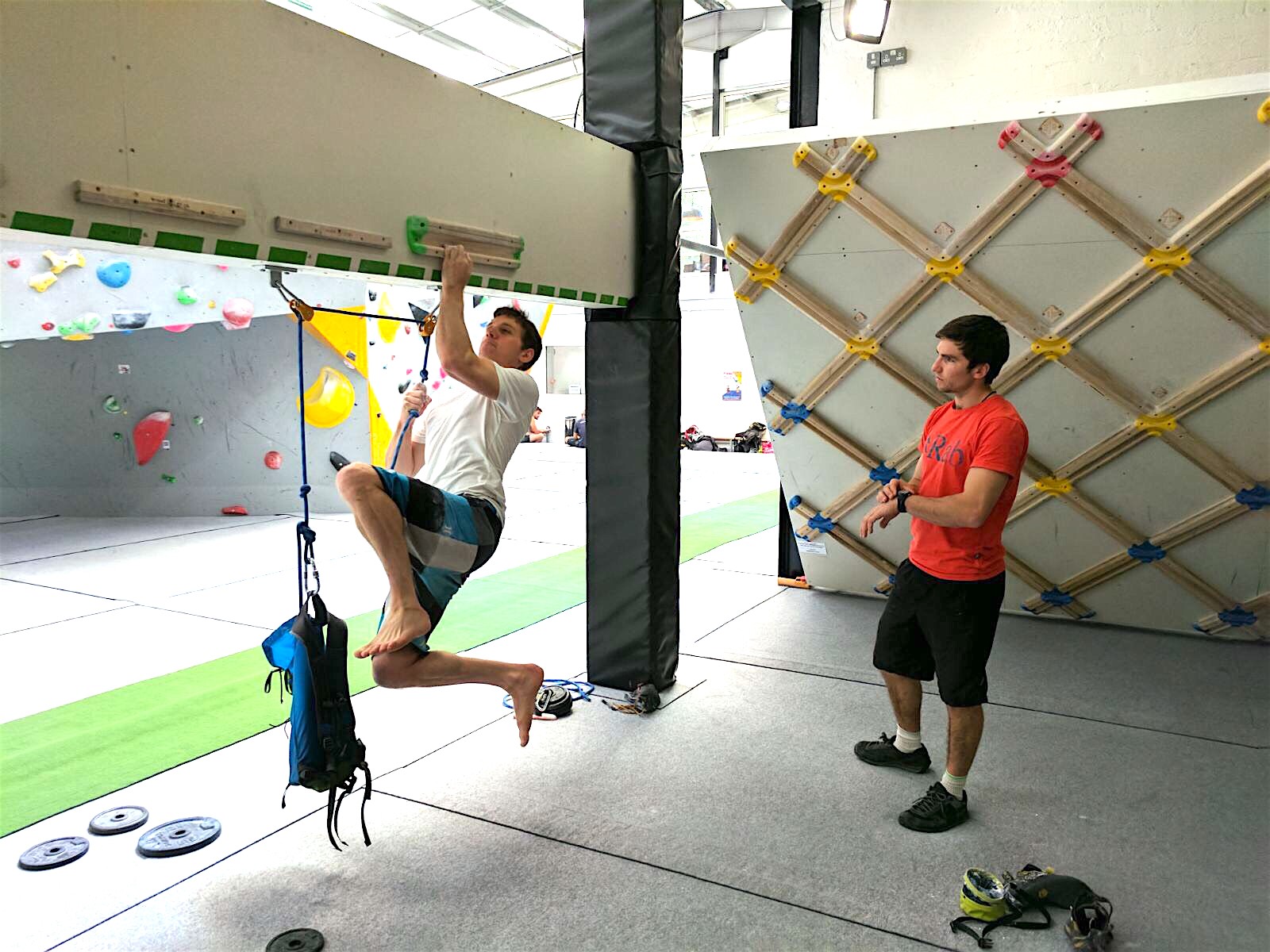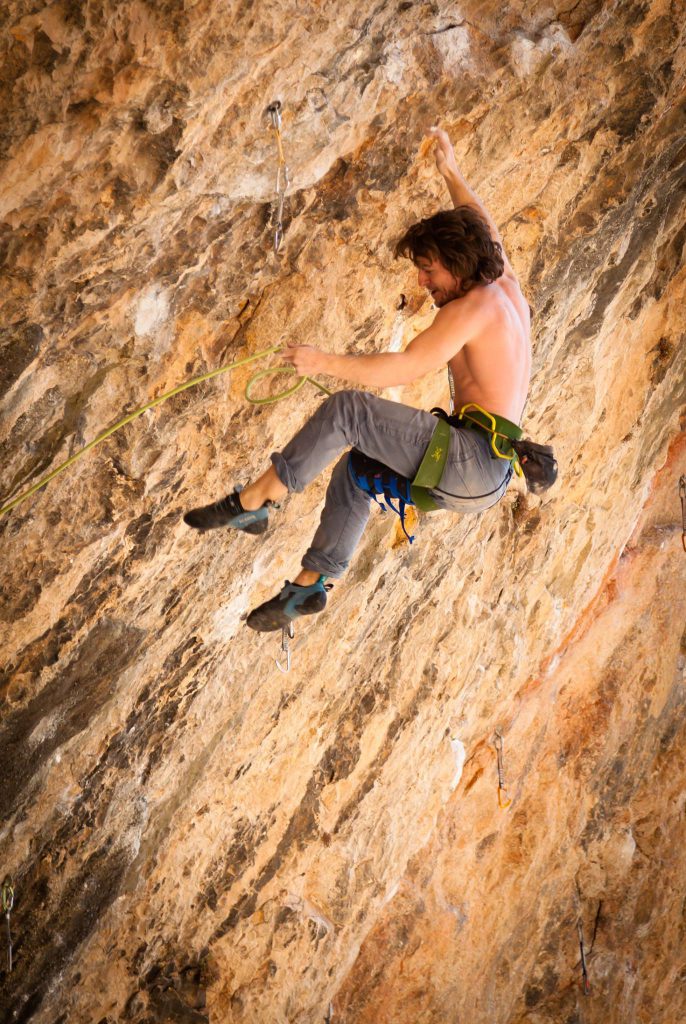Interview: Remus Knowles, the Lattice Training Data Analyst

Who is Remus?!
Remus joined the team in 2015 as a result of what was a pivotal motorway service station meeting. We sat down amongst old boxes of McDonalds Happy Meals and Costa coffee cups, working out how on earth we were going to put all the years and years worth of data that I’d already collected on the Lattice Board into a usable format – basically something that every climber out there could understand immediately! Remus happily (sucker for punishment?!) took on the task of trying to turn our rough diamond into a polished item everyone could enjoy.
Since that meeting he’s revolutionised how we connect the profiling results with the climber. The spreadsheets on my laptop were uploaded to a safe and secure venue, results could be reported back with simple infographics and all the statistical analysis that I’d never had time to do could be checked out! It’s been a tough ride, but every month seems to be more interesting and highlight yet a little bit extra about climbers out there.
Remus went to university in Loughborough (Masters in Maths) then lived in Bristol for a few years before moving to Sheffield 10 months ago. He was a business analyst at dyson for 3 years – essentially refining the craft of “programming and practical analysis stuff that they don’t teach you at uni” – before joining the Lattice Team.
As a climber, he’s probably the most natural in the whole company! I’ve watched Remus many times at the crag climb incredibly well and it only mimicked the smooth style he shows indoors. Not surprising, he’s been climbing since he was about 8! He started off at an old school wall with bricks for hand holds and some big concrete slab features. He managed to get through the “I’m going trad climbing” stage without dying and got steadily more into the harder end of that style. This year it seems like he’s travelled all over the place, visiting classic venues like the Frankenjura, Rocklands, Catalunya, Mallorca and much more. In terms of numbers (he is the data guy after all!) he’s climbed 8a+, V10 and E8 this year…. Pretty rounded I reckon!

Right, let’s get started. For anyone out there who isn’t aware what a “data analyst” job involves, could you tell us a little bit about what this looked like at Dyson and how it looks now at Lattice?
Oooh good question! ‘Data analysis’ can cover quite a broad range. I guess it’s about trying to use data to answer questions, but there’s often a lot of other stuff you end up doing before you can get there, and a lot of work that can go into presenting your answers.
At dyson a large part of the job was about trying to educate users about the data we had, what kind of questions we could answer and how we could collect better data. I guess you could say that it was more towards the ‘making the answers look pretty’ end of the spectrum.
One of the most fun parts of working with Lattice is that I get to be involved in the whole data analysis process. I do a lot of work to make sure the data we collect is of high quality, then I also get to spend time analysing the data (mostly to try and reduce error in our modelling process). I also have some fun bits of exploratory analysis to test out various theories that you and Ollie come up with 🙂 The other big part of my job is making sure the answers we provide back to clients look pretty and make sense. Easier said than done!
What do you find are the common misconceptions about your job? I bet people think you’ve got huge servers running out of your garage via done kind of multi-computer setup!
I think a lot of data analysis is about applying statistics, and the biggest misconceptions are the same as the misconceptions people have about statistics in general. Getting a precise answer to even seemingly simple questions can be incredibly difficult and there are a lot more pitfalls than most people realise.
Statistical literacy is in general very poor and it’s a big problem in society as it means people don’t have the tools to make decisions based on data. It’s not entirely surprising as maths, probability and statistics can be tricky at times, but there’s a bit of an aura around them that stops a lot of people from ever trying to approach the subject. It’s a shame as they’re incredibly interesting (and often beautiful) subjects. If the population at large was just a little more up to speed in these areas I think society at large would benefit a lot (though I’m sure everyone says that about whatever subjects they’re interested in!)
Have you found the data we collect and analyse at Lattice useful for your own climbing?
Yes! There’s the obvious advantage of being able to see how my numbers compare to everyone else, but I’d say the coolest thing is seeing how much room for improvement I have. I think it can be easy to get stuck in a bit of a bubble with your own climbing, but seeing people who can do 250 moves on the lattice board, or hang 80kg+ on one hand can be an eye opener in terms of what’s possible.

What’s the weirdest bit of data you’ve seen? Any mutants under the radar?
I’m constantly amazed at how some boulderers can be outrageously unfit and still get up hard problems! I wish I could do that! Though they usually have very strong fingers which is probably why I can’t make that tactic work as basically I don’t have a “standout” area in my physical profile.
On the other end of the spectrum it’s also cool to see that having a very well rounded physical profile, combined with excellent technique and tactics, can get you up some really hard things (compared to your absolute scores). I’m not sure I’d call them ‘under the radar’, but I think there’s a few people who were in the first camp but have started to round out their physical profile and will start hitting some big numbers pretty soon.
If you could paint a perfect 9a Climber by numbers, what would they look like?
Are we talking Hubble or Era Vella? I think that kind of gets to the heart of the question though…9a comes in a lot of different shapes and sizes, and someone who is ‘perfect’ for Hubble could have a lot of trouble on Era Vella and vice versa. I think it’s really important to work out what sort of routes you want to do and tailor your training towards those, so the ‘perfect’ climber at any given grade could look very different.
I suppose you could say the perfect 9a climber is one who could get up both Hubble and Era Vella (within, say, 2 weeks of each other, so no time for sneaky in between training) but then I think that person is probably a 9a+/b climber if they truly went for their speciality! In terms of basic numbers, this would look like a 105+% deadhang score, duration on the Lattice board of 250+ moves and 6+ minutes and of course an anaerobic capacity score of 30% or possibly more. That’s assuming they know how to climb well though!!
Have you tried machine learning models?
Yes, I’ve recently done some work looking at some machine learning models. It’s an interesting area as it can give you a pretty novel perspective when applied correctly. Like all things there are downsides though, for example many machine learning methods require large training data sets and a lot of computing power which can be a severe limitation in a lot of cases. As ever, it’s an ongoing process and we’re constantly working on it.
What do you reckon is the future for data analysis and interpretation? Where’s it all going… what’s on your wish list?!
I think more automated data collection and integration is going to be a big area for expansion. It seems to me that lot of the big technology companies of recent years have demonstrated how powerful it is to collect and leverage data (Google, Facebook etc.) and it seems like this trend for more data is only growing.
In my dreams, I’d hope that not only can we (the general public) get access to all the data we produce about ourselves (e.g. on strava, 8a.nu, ukclimbing, fitbit) but that tools for integrating all this data together become more accessible so that anyone could play with their own data. If all that came together there would be space to do some pretty incredible things.
To use an example in my life, I bought a pair of WiFi connected scales a few months ago. I find them really handy because every time you use them they upload your weight to a server somewhere and then it gives you a pretty little graph of your weight over time. On it’s own the data isn’t that revolutionary, but imagine you could share that data with your climbing coach with the push of a button, or plot it against your training plan so you could see your weight on the day of every training session.
Having climbed with you on the Spanish Lattice trip I was amazed by how relaxed a climber you are. Any secrets?!
Hmm, I don’t really think of myself as a relaxed climber, though i guess it’s hard to have an objective opinion about yourself! I guess I’d say to just try and climb things that are enjoyable (even if it’s type 2 fun), then you’ll be too busy having fun (or laughing at the stupid stuff you do that’s meant to be ‘fun’) to get stressed.


If you could have any one person’s single data point, what would it be?
Malcolm Smith when he was in his prime. I love the legends and mystique from that era. The reputation of things like Leviathan at Kyloe and Malc’s one armer is huge, and it’d be really cool to see just how fit and strong he was when he did those things.
If we could stretch to a few more climbers, I’d be really interested to see how the current crop of comp climbers compare to the guys and gals smashing it outdoors.

The answer to life, the universe and everything is 42. Does that apply to climbing?
42 => 4*2 = 8 => 8a, the biggest benchmark in climbing. Therefore 42 is also the answer to climbing.
Ha! Nice one Remus. Too clever for your own good. Thanks for your time and all your contributions to the team in the last 2 years!
Tom


Amazing interview, totally agree that the general populous would benefit greatly from learning a tiny bit more about statistics and a broader perspective of the world in general! 🙂